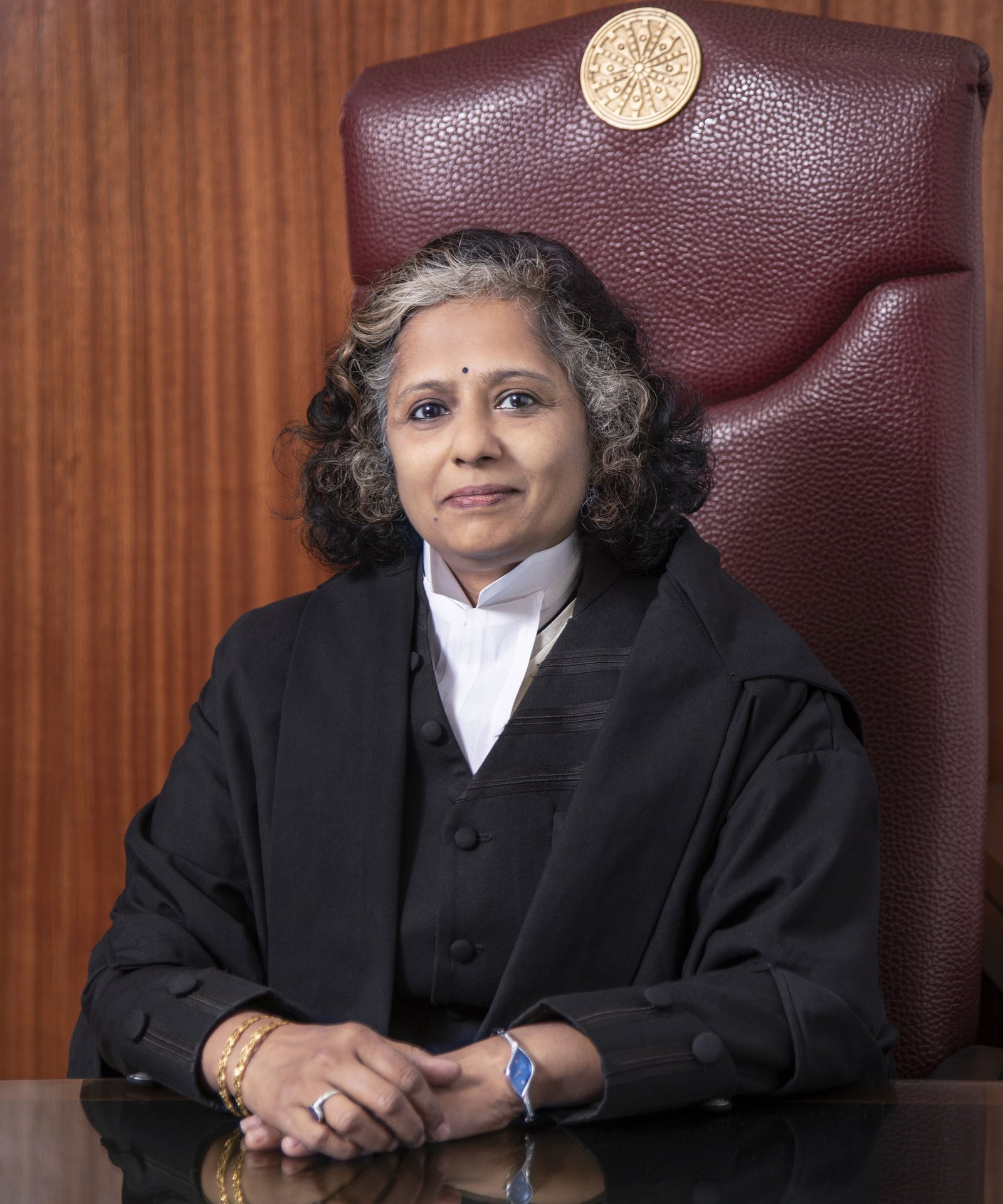National Board of Examination’s decision has been refused to set aside by Delhi HC to extend the completion of the training period of the final year students of Diplomate of National Board (DNB).
While holding that National Board of Examination is not bound by the Advisories of Medical Council of India, the Single Bench of Justice Asha Menon noted that the doctrines of promissory estoppel and legitimate expectation doesn’t apply to matters of education.

The Petitioners argued that the National Board of Examination had no powers vested in it to vary the training period, which has been in a discriminatory manner as it pertains only to the final year students and not to the first and second year students.
Appearing for the Union of India, ASG Maninder Acharya submitted that the extension of training was justified in public interest in that, due to the disturbance caused by the COVID19 pandemic, fresh infusion of DNB candidates was not possible as the entrance exam cannot be held and if the final year DNB students are allowed to leave, it would have resulted in an exodus with no infusion, leading to a vacuum, which would have adversely impacted the public health system.
While arguing in the national education board of examination case that promissory estoppel cannot apply to issues of education, Ms Acharya contended that the final year students are much more skilled than the first year and second year students and therefore, they were all of different categories and there was no discrimination.
The court observed, National Board of Examination is vested with supervening powers which include the extension of training period in extraordinary or special circumstances.
While rejecting the argument of the Petitioners regarding the violation of Article 14 of the Constitution, the court observed highlighting the National Board of examination case that :
‘the first year, second year and third year students are not ‘equals’ as they are at different levels of skills. Moreover, as rightly pointed out by the learned ASG, it is the movement of the final year students from the hospitals that would create a gap in health services. Further, as the first and second year students are still available at the hospitals they shall have the time to continue their training in specialized fields, once the acute and emergent demand on health services eases. That may not be the position if the third year students are allowed to leave with whatever training they have received. Therefore, the Public Notice dated 04.04.2020 is not discriminatory and is based on intelligible differentia and bears nexus to the objects sought to be achieved.’
Read the judgement here:

